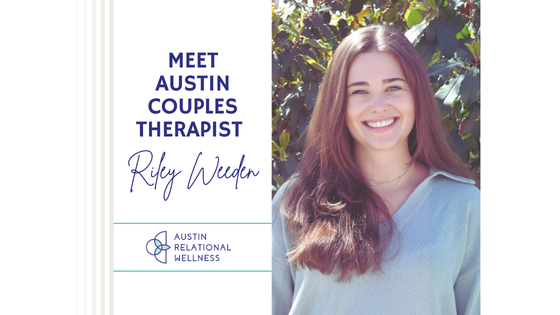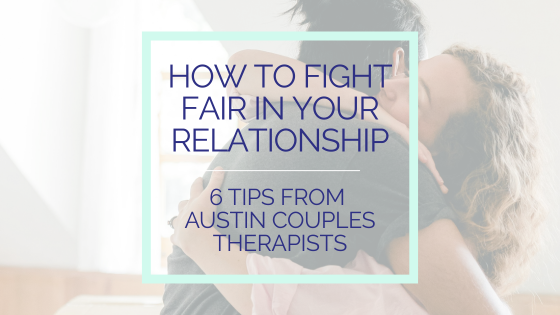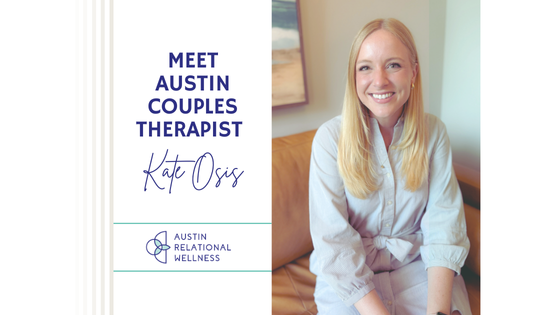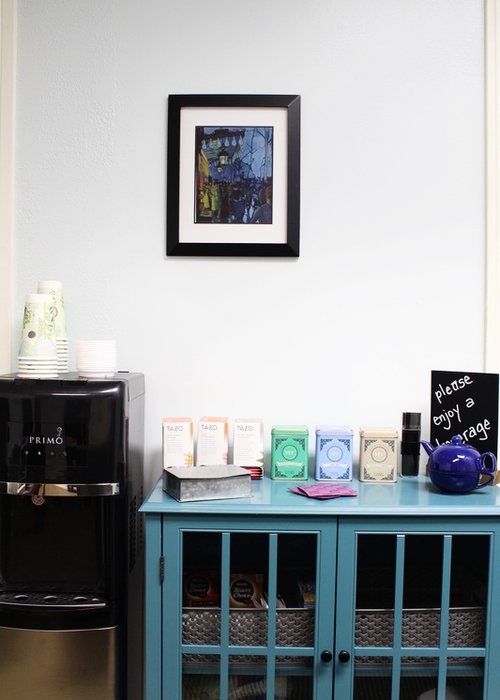In the days before I had a morning routine, I would set at least five alarms, each spaced five minutes apart. I fully intended to wake up on the first alarm. The others were just in case I slept through it, I would tell myself. Yet, each morning consisted of me rolling out of bed at the last possible minute before I knew I would be late, generally after the last alarm had gone off, and I’d already hit snooze multiple times. I would feel groggy and reluctant to get up and face whatever the day would bring. I would rush around trying to find a decent outfit, fix my hair, throw on some makeup, and begin to pull out of the driveway. Then I’d have to run back in the house because I forgot to put on deodorant.
The truth is, I started my day procrastinating and bringing anxiety upon myself. I felt anxious all the way to work or wherever I was going. I couldn’t enjoy my drive or mentally prepare myself for my day ahead, because I was consumed with worrying about the fact that I might be late.
Finally, I got sick of living like this and decided that I wanted something different.
In thinking about what I wanted for myself, I basically wanted the opposite of all of that. I wanted to be more prepared, more relaxed, and look forward to what life had in store for me each day.
And slowly but surely, I’m gaining that. I’m not perfect. Some days are still a struggle, but if I even do just one thing on my list of morning rituals, it makes a difference. It makes a difference in my attitude, my productivity, and my ability to be my best self for the people in my life.
Here are some rituals that I find helpful and some tips for how you can implement them into your own life.
Visualization before bed
This step is especially helpful for the non-morning person. Before you go to sleep, instead of mentally listing off all of the things you have to do the next day, close your eyes and take a few minutes to just visualize yourself getting up in the morning. Picture yourself enjoying the part of your routine that you’re most excited about. Whether you think you’ll actually enjoy it or not, just pretend that you will.
Maybe it’s the smell of the coffee you’ve set to brew before you wake, the time you’ve set aside for quiet meditation, or the new yoga routine you found on YouTube. Whatever it is, just see yourself getting up and willingly participating in your routine. Think about the good that it will do for your body and how accomplished and proud you will feel when you finish.
Oh, and don’t set a gazillion alarms. You’re just making it easy to renege on your promise to yourself to do better. For my own peace of mind, I still set two though… just in case.
Meditation
I’ve found that it helps me to be more mindful during the day if I start off my day with meditation. Of course, to meditate you need to have a calm, quiet space. Figure out what’s best for you and when you’ll be able to cultivate this space. It may not be the very first step in your routine. However, if you have a busy household with lots of moving parts, it might be easiest to find this silence first thing in the morning.
For me, this is the first step in my routine and the single most important ritual. If I do nothing else, I do this.
Sometimes I get out my yoga mat, pull back the curtains, and soak up the sun during meditation. Sometimes I don’t even get out of bed and just sit up and meditate right there instead. My goal is to one day be able to actually meditate in pure silence. Until then, I find guided meditations to be the most helpful in keeping my mind from wandering. There are tons of good ones online. Some of my personal favorites are the self-compassion meditations by Kristin Neff.
Visualization of the day ahead
I find it helpful to move right into visualization after meditation. Your body is already in a calm, focused state and is ready for this ritual. If you’re already in a meditation posture, you can just stay where you are. If not, either lie down or sit in a comfortable position. Just as you may have visualized yourself completing your morning routine the night before, now close your eyes and visualize your day ahead.
Start with what you’ll do after you’re done with the visualization. Will you move on to the remainder of your routine? Cook yourself breakfast? Walk the dog? Will you dress in an outfit that makes you feel good? How will the rest of your morning go? Will you greet your coworkers? Will you eat a nourishing meal for lunch? What types of interactions will you have with others around you? When will you go home? Will you sing in the car on your way home? Pick up the kids? Call your partner? Will you cook dinner, or will someone cook for you? What will you do with your evening? What feelings will you have about your day? Was it a good day?
Your visualization can be as long or as short as you like. Just make it detailed. Obviously, your day may not turn out exactly as you had visualized it. You know this, and you can be flexible.
Give yourself some positive affirmations
Everyone has areas where they struggle to feel as good as they’d like to feel. Vocalizing positive affirmations aloud, especially about those areas of struggle, can create a positive mindset. Start off your day with confident self-talk, and cultivate a positive attitude about who you are and what you do. You can create your own affirmations based on your unique needs or look up some that may resonate with you.
To create your own, think about these things… How do you want to feel? To act? Who do you want to become? Then tell yourself that you are or will do these things. For example:
“I am feeling strong and healthy today.”
“Today, I will remember to be compassionate toward myself.”
“I am kind and loving to those around me.”
“I will be successful today.”
“Today, I will practice being mindful and patient.”
Make them meaningful to you. Tell yourself you are the person you want to be on a regular basis, and eventually, you’ll begin to believe it.
Movement
In our busy world, exercise has become a chore for many people. Unfortunately, most of us don’t get enough of it. This morning ritual is about finding space to actually enjoy movement.
It can be simple or complex, easy or intense, quick or lengthy. It’s your practice. You may choose to take your dog on a brisk walk or do a few full-body stretches to wake your body. You may want to use this time to get your workout on, whether it’s at home, the gym, or in a class. Your source of movement may be different everyday. The important thing is just to find enjoyment in treating your body well at the beginning of your day.
One of my personal favorite types of morning movement is yoga. It really adds to my mindfulness meditation experience. Check out Yoga with Adriene for some great at-home yoga classes. Plus, she’s local.
And sometimes you get to go to Colorado and do yoga outside by the river with your partner...
If you’re reading this and thinking that you don’t have time and that this all sounds like too much to do before you even get dressed, I can guarantee that you’ll be much more energized and productive during your day if you give it a chance. In fact, just pick one morning ritual to start, and see what happens. You can add more as you go and adjust so that you can make time. You can even create your own rituals based on your needs or seek out other resources with more ideas. The book The Miracle Morning: The Not-So-Obvious Secret Guaranteed to Transform Your Life (Before 8AM) has some great detailed steps and tips.
The main thing is, find what works for you. Add, takeaway, rearrange, whatever you need to do to make morning rituals fit into your lifestyle. This practice has helped many people, and it’s definitely helped me – a non-morning person turned morning(ish) person.


















































